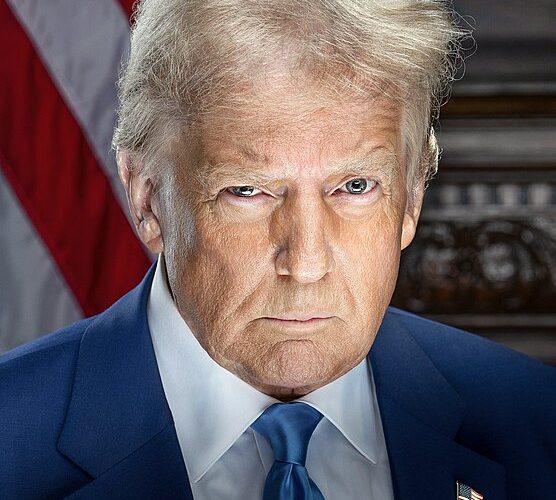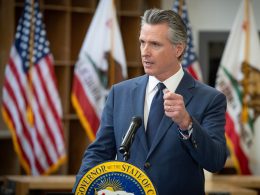President Donald Trump has formally announced plans for the United States to withdraw from the Paris Climate Agreement. This marks the second time the Trump administration has taken steps to exit the nearly 200-nation pact, raising concerns about its impact on the fight to limit rising global temperatures.
The White House detailed the decision on Monday, outlining a forthcoming executive order to begin the official withdrawal process. Under United Nations rules, the exit will take effect one year after the US submits formal notification to the UN climate body. During this time, the US can continue to participate in international climate negotiations, but its influence on global discussions is expected to wane significantly.
The Paris Climate Agreement is a landmark international accord aimed at curbing global warming by reducing greenhouse gas emissions. Its primary goal is to limit the rise in global temperatures to below 2°C—ideally 1.5°C—above pre-industrial levels. Scientists warn that exceeding this threshold could lead to catastrophic consequences, including more frequent hurricanes, devastating wildfires, rising sea levels, and displacement of vulnerable populations.
By withdrawing from the agreement, the US—the world’s largest economy and the biggest historical contributor to greenhouse gas emissions—risks undermining global efforts to combat climate change. The decision also threatens to derail international momentum, as other nations may follow suit or lose confidence in the pact’s efficacy.
The planned withdrawal has sparked alarm among climate scientists and environmental advocates. Analyses suggest that the Paris Agreement has already helped reduce projected global temperature increases, demonstrating the effectiveness of international cooperation. However, the absence of the US—responsible for a significant share of emissions—makes achieving these targets far more challenging.
The World Meteorological Organisation (WMO) recently reported that global temperatures are now 1.3°C above pre-industrial levels. The past decade has been the hottest on record, with 2024 poised to continue the trend of record-breaking heat. Without stronger action, the world risks exceeding the critical 1.5°C threshold, exacerbating the frequency and intensity of climate-related disasters.
The Trump administration has consistently prioritised the expansion of fossil fuel industries, including coal, oil, and natural gas, which are the primary drivers of climate change. In his second term, Trump has vowed to roll back environmental regulations enacted under his predecessor, Joe Biden, which were designed to help the US meet its Paris Agreement commitments.
Critics argue that this approach not only hinders progress on reducing emissions but also damages the US’s credibility as a global leader in climate diplomacy. With the US stepping back, the burden of leadership falls on other major emitters like China and the European Union to fill the void and sustain momentum.
The US withdrawal raises pressing questions about the future of international climate efforts. While the Paris Agreement encourages accountability through national commitments and peer pressure, the absence of the US could weaken these mechanisms. Environmental advocates are urging other nations to double down on their commitments and work collaboratively to achieve the pact’s ambitious goals.
At the same time, the move has drawn significant domestic criticism, with US states, cities, and businesses pledging to uphold climate action independently. Initiatives like “We Are Still In,” which unites local governments and private sector leaders, aim to demonstrate continued American commitment to tackling climate change despite federal inaction.
President Trump’s decision to withdraw the US from the Paris Climate Agreement poses a significant challenge to global climate goals. As the world faces increasingly dire consequences of global warming, the absence of the US from this critical accord underscores the need for renewed international collaboration and stronger commitments from all nations.
















